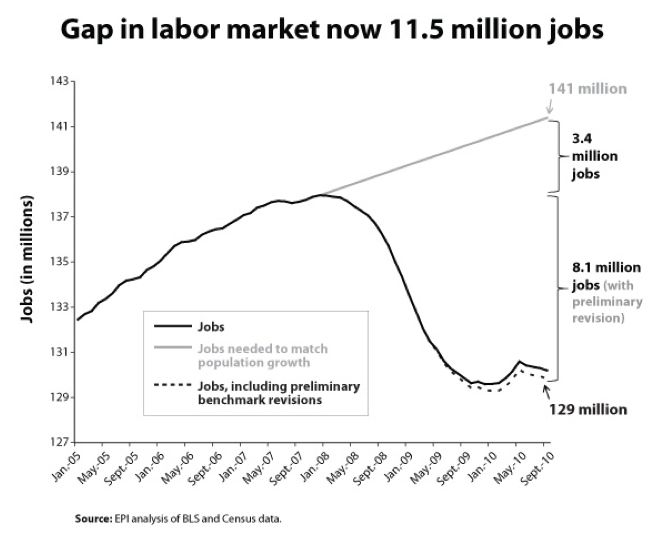bernice January 16th, 2010 10:48 am
I think that Massachusetts citizens "praise" for their new system covers only the fact that it's easier to become insured, as well as mandated.
The plan itself, however, is running hundreds of millions of dollars over budget each year. The state has become so strapped that it cut off, I believe, 30,000 LEGAL immigrants from access to the exchange. It is also being sued by one of Boston's largest hospitals because the state's payments to it are so inadequate that it may soon have to stop accepting poor/indigent patients for care, which has been one of its main missions.
The problem with both the MassPlan and the Senate plan is that they were based on a European system (Norway, Switzerland, others) of private insurance that is also employer based and mandated. HOWEVER, those countries consider health care a human right and a common good and treat insurance much as we treat a public utility like an electricity producer. All insurers are non-profits, the government reviews health care costs each year and tells the companies how much they can charge in premiums, it pays premiums for the poor, and forbids all the abuses Americans have suffered from their insurers for decades.
This is why their systems provide universality and a common benefit set (rich and poor all get the same care) while costing at least 40 percent less per capita than we spend while leaving 45 million Americans out of the system.
If our country is so in love with privatization of the common good, it could at least emulate the Norwegians instead of market fundamentalists who have no conception of the public good.
UNITY PROGRESS
As Bernice says, health care is supposed to be like a utility. Whereas in the US, even electricity has in the last 30 years become a profit center rather than a public utility. There are barely any public utilities at all left in the US after 30 years of extreme right wing government.
Prior to right wing dominance of US politics, the concept of "utility" automatically meant a heavily regulated public utility. Today the word "utility" survives, but it doesn't mean what it used to. Today, the word utility refers to just another kind of private enterprise, one that used to be publicly controlled but is now just lightly regulated and can maximize profits partly free of government interference on bahalf of lower income consumers.
I used to be neutral and it is still a debate mostly for wonks and perfectionists, but during the course of my fixation on the "health debate" in the US in 2009 I decided to favor the Canadian-UK model over the Germany model for health care. This is because I have realized (and this theme has been repeated over and over again over the years) that the US is even more screwed up than I thought it was before.
The very concept of insurance does not serve health care well at all, because health care is something that is virtually inevitable and because of the need for ongoing preventitive care, whereas insurance is supposed to be just for disasters and catastrophes.
True, the countries that have private insurance companies make sure those companies don't make any profit on the required policies, and they make sure the policies are fairly good, and they make sure that the insurance companies pay all the claims they are supposed to. But why have a facade of insurance at all?
More and more I think the British, as their empire and as World War 2 came to a close, developed the system most close to perfect. The British in 1948 said: "screw all the window dressing and all the dead end side streets and all the unnecessary bells and whistles: let's just declare health care to be a major utility and as in all modern, reputable countries where major public utilities are provided publicly and available to all citizens, that's the way health care will be in Britain."
Over 60 years later, the British mostly like their system. No one with a truly serious problem waits for health care unless there is a rare foul-up (most of which are caused by the patient). Many English people not only like their system but they actually love their system. No politician in the UK can win an election if he or she talks about dismantling that system. The UK health system is so good that it substantially offsets much more negative aspects of UK society and makes the UK overall a nice place to live.
Given how bad the US system is and how inappropriate the concept of insurance is for health care, I have decided that having the government directly provide the health care as in the UK or at least having it mandate the health care but having it provided by private physicians as in Canada is slightly better than having highly regulated, non-profit insurance companies.
I think that technically, by the way, France is a hybrid between those two approaches.
The above was in response to this article.
-----------------------
Comments are very appreciated. Comments are moderated and will appear within 48 hours of when you make them. Comments that do not belong on Unity-Progress will not be approved. For example, comments that contain any commercial advertising or objectionable hatred will not be approved. Most comments that appear will receive a return comment by Unity-Progress.
The email address for Unity-Progress is
unity.progress.mail at gmail.
Use this address for all communications, including requests for link exchange if you have a good economics or political site.






No comments:
Post a Comment